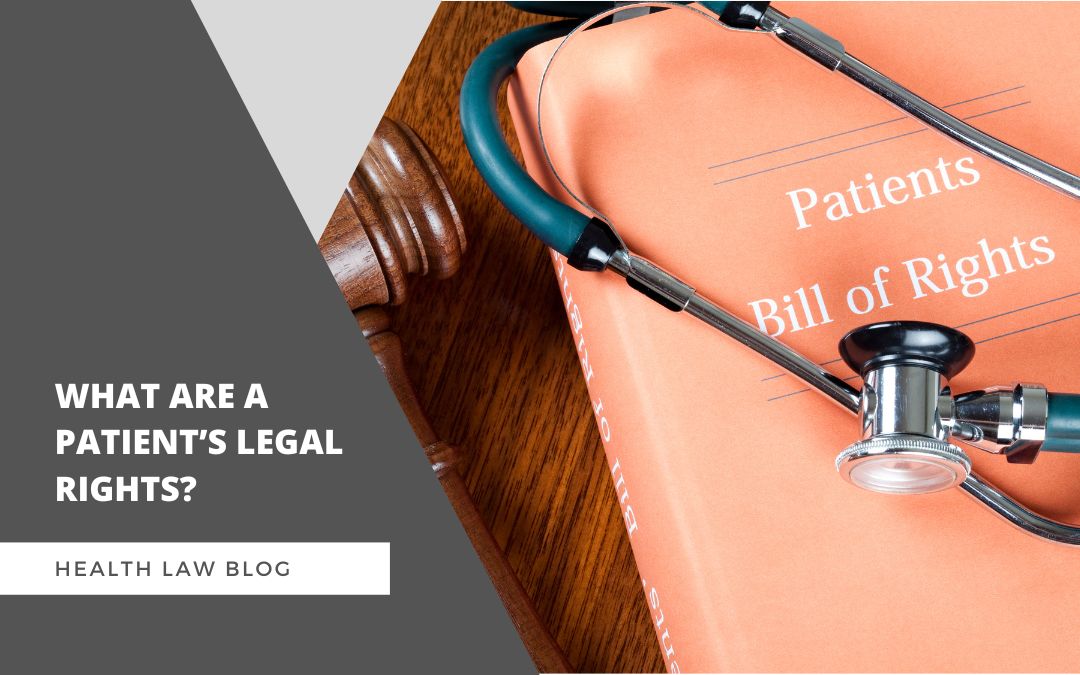Patient legal rights provide rules of conduct between patients and medical providers and healthcare institutions.
While there are many legal rights, some key rights you have as a patient include the right to:
- Informed consent
- Being treated with respect and dignity
- Making a treatment choice
- Obtaining your medical records and denying access to some people
- Refusing treatment
- Privacy of your medical records
- Having access to care
For example, the right to informed consent ensures that medical providers clearly explain the benefits and risks to tests, procedures, or treatments before the patient receives it. Additionally, the provider must get the patient’s written permission before proceeding. However, the law also requires that the patient is of sound mind and can make a voluntary decision about their care.
Information
Healthcare providers and organizations also should provide you with information regarding your rights, including a summary of how they protect your privacy and what you need to do to access your records.
Additionally, some facilities, like hospitals, will provide a list of your patient rights and responsibilities on their website.
The U.S. Department of Health and Human Services publishes information on patient rights. You can also contact your state’s Department of Health and Human Services or their website to obtain more information about state-specific patient legal rights.
What is a patient rights advocate?
A patient rights advocate is a person who helps patients navigate through the healthcare system and works with other care team members to coordinate patients’ care.
A patient rights advocate may assist a patient with:
- Undergoing the screening, diagnosis, treatment, and follow-up of a medical condition
- Communicating with their healthcare provider to ensure they receive all the information they need to decide on their care
- Dealing with financial, billing, legal, and social support issues
- Coordinating care among various providers and setting up and attending appointments
Patient rights advocates may work for an organization or independently. For instance, some hospitals may have advocates on staff, such as social workers, chaplains, or nurses.

